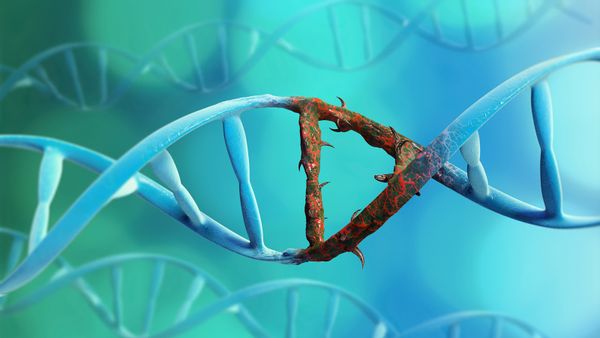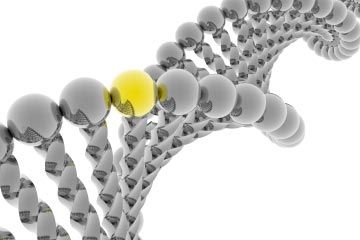Experimentation with human biology hasn't been limited to a lab, either; plenty of people, called "biohackers," have taken it upon themselves to enhance natural human abilities. Some of this biohacking is limited to simple dieting fads like Bulletproof coffee, but others have taken it to the surgical level, implanting magnets in their fingertips, for example.
Sounds like some crazy science fiction, but wetware — or human-implanted technology — isn't so strange. Technically, a pacemaker is wetware, and some might argue that even glasses count as wetware because they artificially boost your eyesight.
Governments, including the United States, China and Russia, have been particularly interested in wetware and gene mutations to enhance human abilities to create super-soldiers. These soldiers would have to be immune to pain, need no sleep, and have super-intellect, strength and stamina. They might also exhibit superpowers we've already seen in real people, like extra-fast reflexes.
Sources
Arnold, Carrie. "How Supergenes Fuel Evolution Despite Harmful Mutations." Quanta Magazine. Nov. 8, 2022. (Oct. 11, 2023). https://www.quantamagazine.org/how-supergenes-fuel-evolution-despite-harmful-mutations-20221108/
Colliver, Victoria. "Gene Mutation May Explain Why Some Don’t Get Sick from COVID-19." University of California San Francisco. Jul. 19, 2023. (Oct. 11, 2023). https://www.ucsf.edu/news/2023/06/425696/gene-mutation-may-explain-why-some-dont-get-sick-covid-19
"Empowering People with ‘Super Genes’ to Help Unlock New Treatment Pathways." Pfizer. (Oct. 11, 2023). https://www.pfizer.com/news/articles/empowering_people_with_super_genes_to_help_unlock_new_treatment_pathways
Kerschan-Schindl K. Romosozumab: a novel bone anabolic treatment option for osteoporosis?. Romosozumab: eine neue Therapieoption bei Osteoporose mit anaboler Wirkung auf den Knochen. Wien Med Wochenschr. 2020;170(5-6):124-131. doi:10.1007/s10354-019-00721-5
Wu, Katherine. "Could Genetics Be the Key to Never Getting the Coronavirus?" The Atlantic. Jul. 25, 2022. (Oct. 11, 2023). https://www.theatlantic.com/health/archive/2022/07/why-some-people-never-get-covid/670929/


